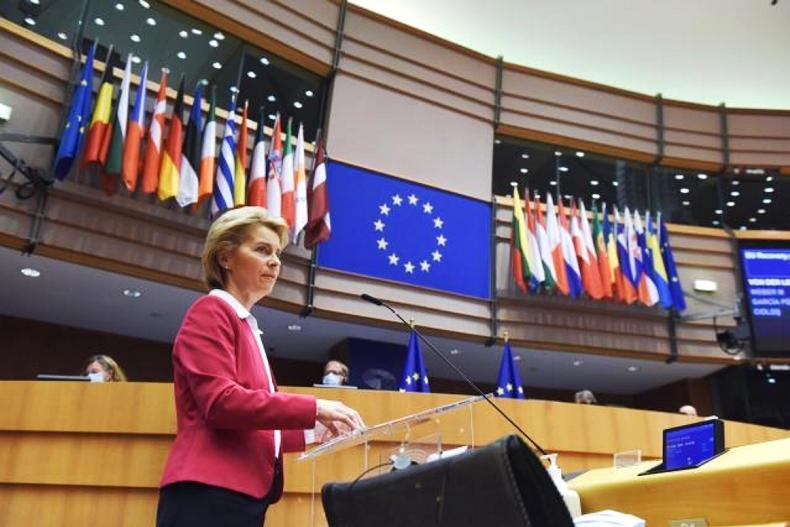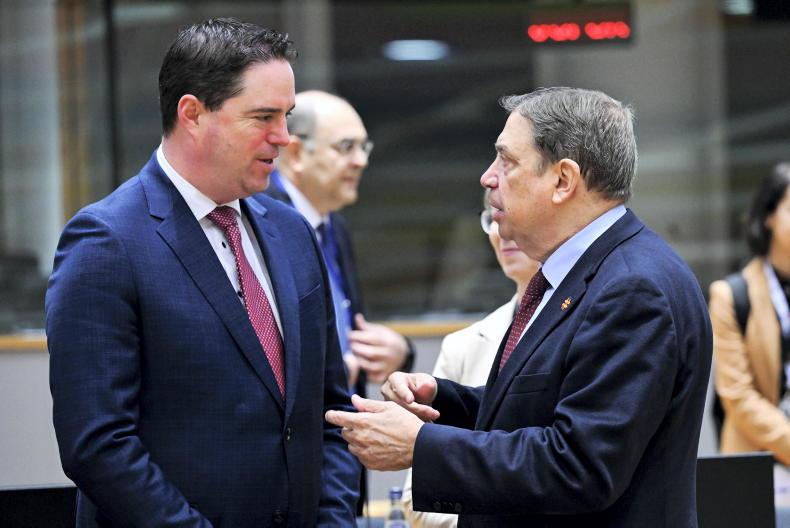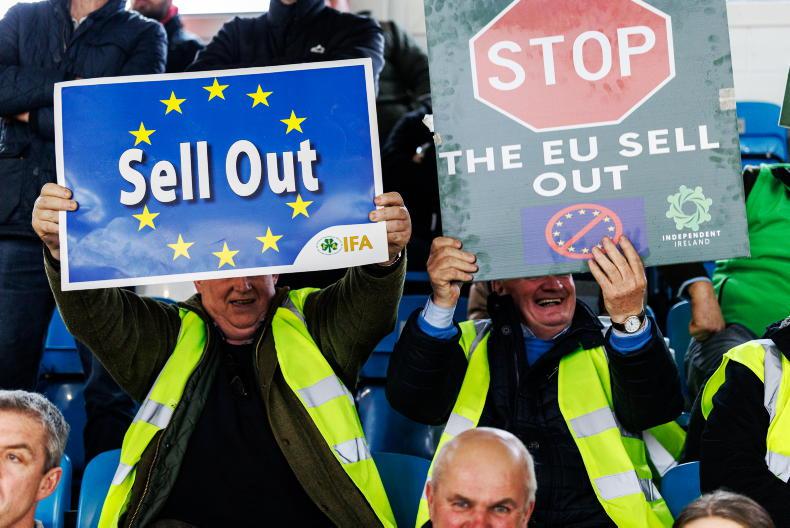The departure of Ireland’s European commissioner will lead to his successor being chosen by the Commission President Ursula Von der Leyen and then presented to the appropriate committee of the European Parliament for in-depth questioning on their suitability for the brief allocated. Assuming that goes well, they will be ratified and the file is officially closed on the Golfgate incident from last week.
Reputational damage
There has been much debate on Ireland retaining the key trade portfolio once the new commissioner is appointed.
While the allocation of portfolios is the exclusive preserve of the Commission president, we can expect that discreet lobbying will have been taking place behind the scenes, with trade a sought-after position by the larger nations.
When a smaller country like Ireland succeeds in securing it, it is usually a combination of a high regard for the person and a compromise between the larger members when they cannot agree between themselves which should have it.
By involving the European Commission in what was a domestic political problem, Ireland has made a nuisance of itself in EU headquarters and it would be an immense achievement by the Government if the next Irish commissioner can secure the trade portfolio.
What’s in the in-tray?
Commissioners are expected to park national allegiance at the door of the Berlaymont on their way up to whatever floor they are allocated and not pick it up again while they are in office.
They are unlike MEPs in that they are not subject to the electorate, which means that commissioners are expected to act as a college in the interest of the EU 27, not the national interest of the country from which they were nominated.
We had the example of Commissioner Phil Hogan taking the EU side against the Irish Government on the Apple taxation adjudication, later successfully challenged by the Irish Government on Apple’s behalf in the courts.
Similarly, he was prepared to face the outrage of farmers when, as commissioner for agriculture, he signed off on a trade deal with Mercosur in which every sector of the EU economy except beef will benefit.
Despite commissioners parking their national interest, they don’t become completely divorced. The term they continually use when debating an issue is “drawing on my experience from the country I know best”. This suggests what affects their home country at least has some influence on their policy formulation.
Irish farmers will look at the credentials of the next commissioner that secures the trade portfolio and indeed the agriculture one should the Commission president decide on a wider reshuffle.
While it may be the commissioner for trade that leads on Trade deals, it is usually agriculture that is the last part of a negotiation to be concluded.
In the previous commission, Phil Hogan was front and centre in the final negotiation for agricultural access in the deals with Japan, which is positive for Irish farmers, and Mercosur, which was really bad for Irish beef farmers.
A trade or agriculture commissioner from France would be expected by Irish farmers to be mindful of the impact of future trade deals in allowing wider access to the EU market for agricultural produce.
However, a Scandinavian commissioner might be less protective of agricultural interest in return for securing a deal that favoured EU machine, auto and pharmaceutical exports.
There are two further trade deals that the EU are in advanced negotiation of – with Australia and New Zealand.
A core demand for both these major exporters of beef and sheepmeat will be enhanced access to the European market.
Given the generous access conceded already by the EU to Mercosur and Canada in trade deals, there simply isn’t sufficient capacity in the EU beef market in particular to absorb further imports. Irish and indeed all EU beef producers will be hoping for a commissioner who understands the sensitivity of conceding further access to beef in particular to EU markets.
When the new Irish commissioner is in place and irrespective of the position they receive, the process of rebuilding Ireland’s reputation in the EU can proceed.
The feeling in Brussels is that the EU stood by Ireland on Brexit and yet Ireland chose Apple over the EU when it came to corporation tax and we are considered hostile on wider taxation policy (as are Luxembourg and the Netherlands).
They do not expect the dynamic of the Commission to be upset by domestic politics, so now we quickly have to rebuild our reputation to ensure the interests of Irish and EU farmers aren’t dismissed in upcoming trade negotiations.









SHARING OPTIONS